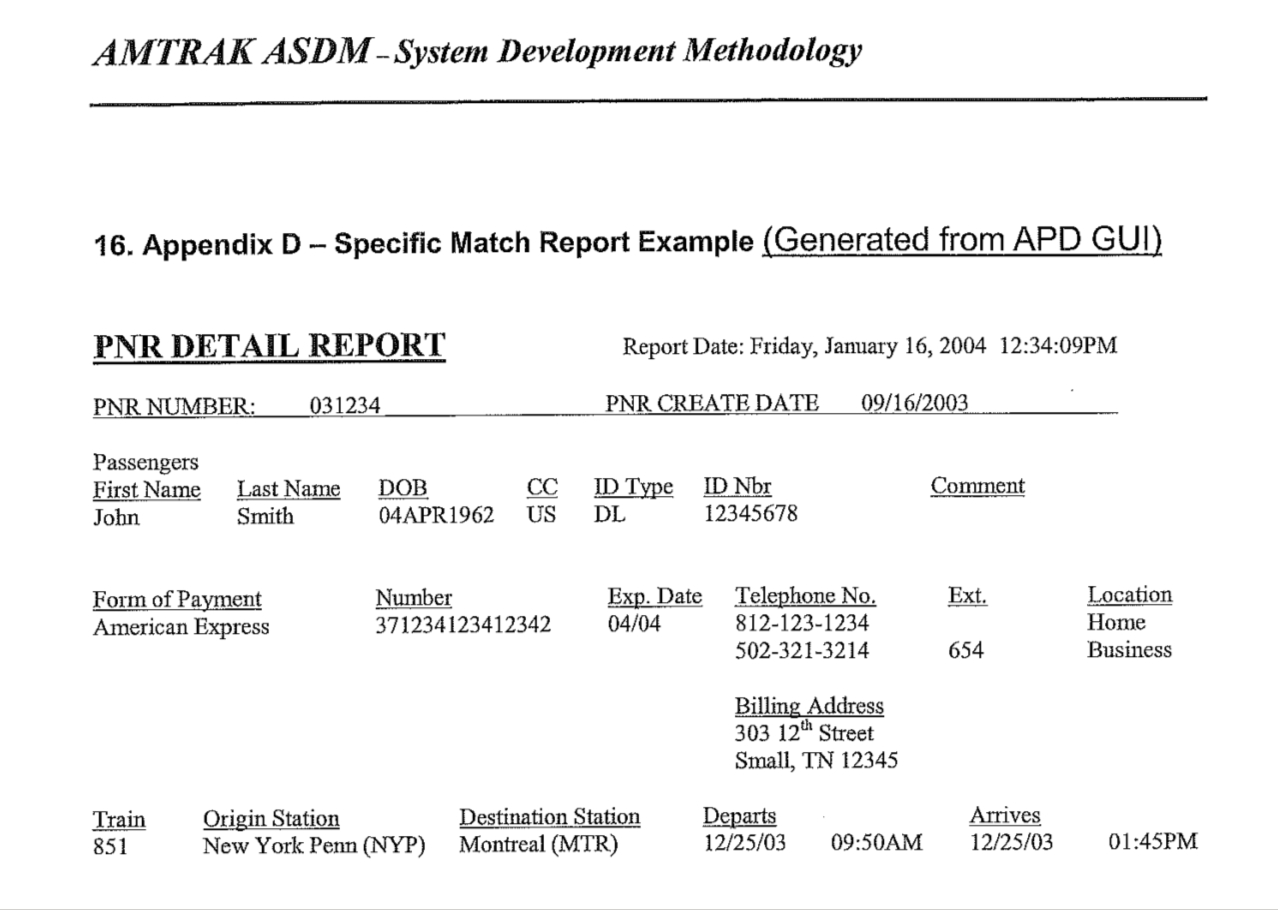Smile for the camera, citizen!
The Department of Homeland Security is extending its photography of travelers at US border crossings, ports, and international airports from foreign nationals to US citizens entering and leaving our own country.
On January 5, 2004, under an “interim final rule” for the “US-VISIT” program effective the same day it was published in the Federal Register, agents of US Customs and Border Protection (CBP) began fingerprinting and photographing foreign visitors on their arrival and again on their departure from the US.
At first, only those foreign citizens who required visas to enter the US were given this treatment. A few countries. starting with Brazil, took this as a sign of their “least favored nation” status with the US government, and reciprocated by photographing and fingerprinting US citizens arriving in and departing from their countries. Many other countries didn’t take things quite so far, but partially reciprocated to the extent of increasing their visa or entry fees for US visitors, or imposing new fees where entry for US tourists had been free, to match the US$135 minimum fee for a tourist or transit visa to the US for citizens of most other countries.
On August 31, 2004, under yet another “interim” rule effective the same day it was published, fingerprinting and photography at US airports and borders was extended to citizens of countries in the US “visa waiver program”.
For the third phase of expansion of US-VISIT fingerprinting and photography of border crossers, the DHS published a notice of proposed rulemaking in 2006, giving organizations and individuals a chance to object before the rules were finalized. But the numerous objections, including ours, were ignored. In December 2008, the DHS promulgated a final rule extending the fingerprinting and photography of visitors to all non-US citizens, including permanent US residents (green-card holders).
Now, without bothering to propose or finalize any new regulations, DHS has announced through a non-binding “Privacy Impact Assessment” (PIA) posted on its website that CBP is already conducting a “Facial Recognition Air Entry Pilot” program under which some unspecified fraction of US citizens entering the US by air are being required to submit to facial photography by CBP agents:
U.S. citizens with U.S. e-passports arriving at air ports of entry testing the technology may be selected to participate in the pilot at port discretion. Individuals that are selected do not have the option to opt out of this process.
Facial recognition software is being used to compare the photos to the digital photos stored on the RFID chips in US citizens’ passports, and to assign a score indicating the robot’s “confidence” that the photo in the passport and the photo taken at the airport depict the same person. “The facial recognition system is a tool to assist CBPOs [CBP officers] in the inspection process.”
The selection is supposedly random, but there is no specified limit on how large the percentage of US citizens subjected to this requirement might be:
Supervisory CBPOs (SCBPO) will set the standard for the random selection criteria and have discretion to change the criteria as needed. For example, the SCBPO may choose to select every fifth traveler but may change to every third or every seventh traveler at his or her discretion.
DHS has a history of prolonging and expanding “tests” as cover for de facto full implementation of controversial requirements. There’s nothing in this PIA to rule out the extension of the “pilot” program to nine out of ten arriving US citizens, or 99 out of 100.
Disturbingly but characteristically, DHS suggests that US citizens returning to our own country can be required to do whatever is necessary to “satisfy” CBP officers:
A person claiming U.S. citizenship must establish that fact to the examining [CBP] officer’s satisfaction [emphasis added] and must present a U.S. passport or alternative documentation as required by 22 CFR part 53. If such applicant for admission fails to satisfy the examining immigration officer that he or she is a U.S. citizen, he or she shall thereafter be inspected as an alien.
